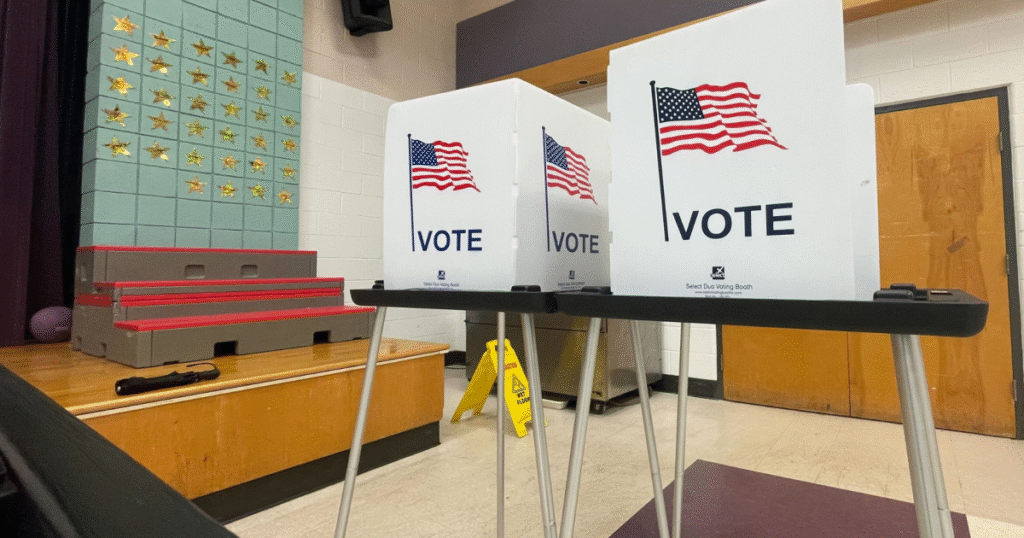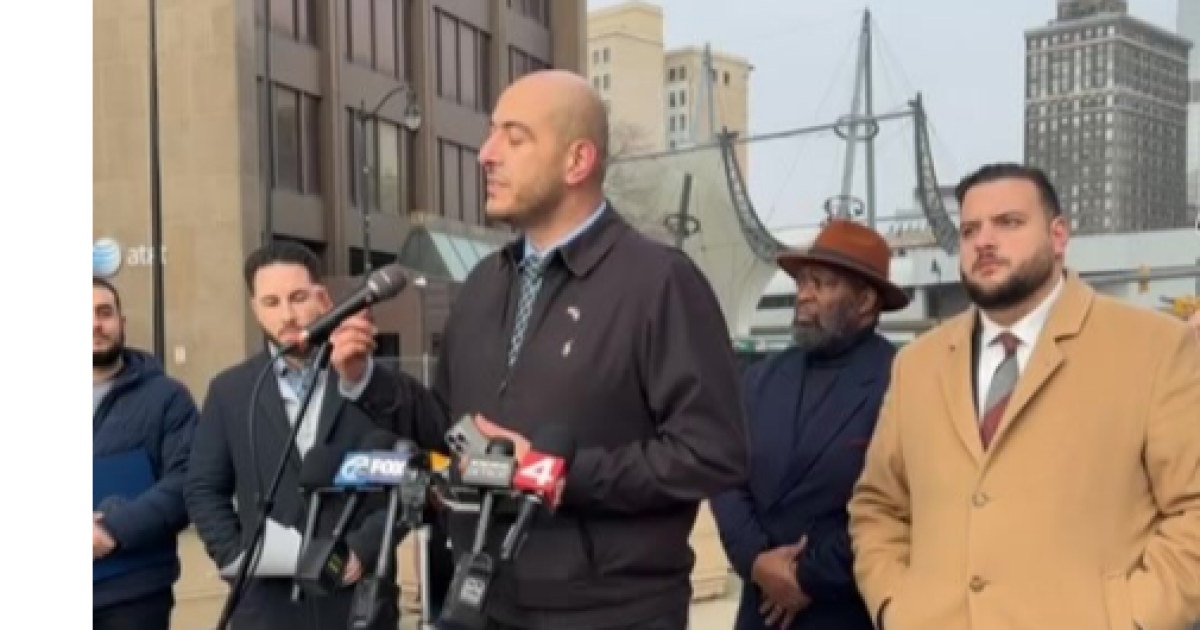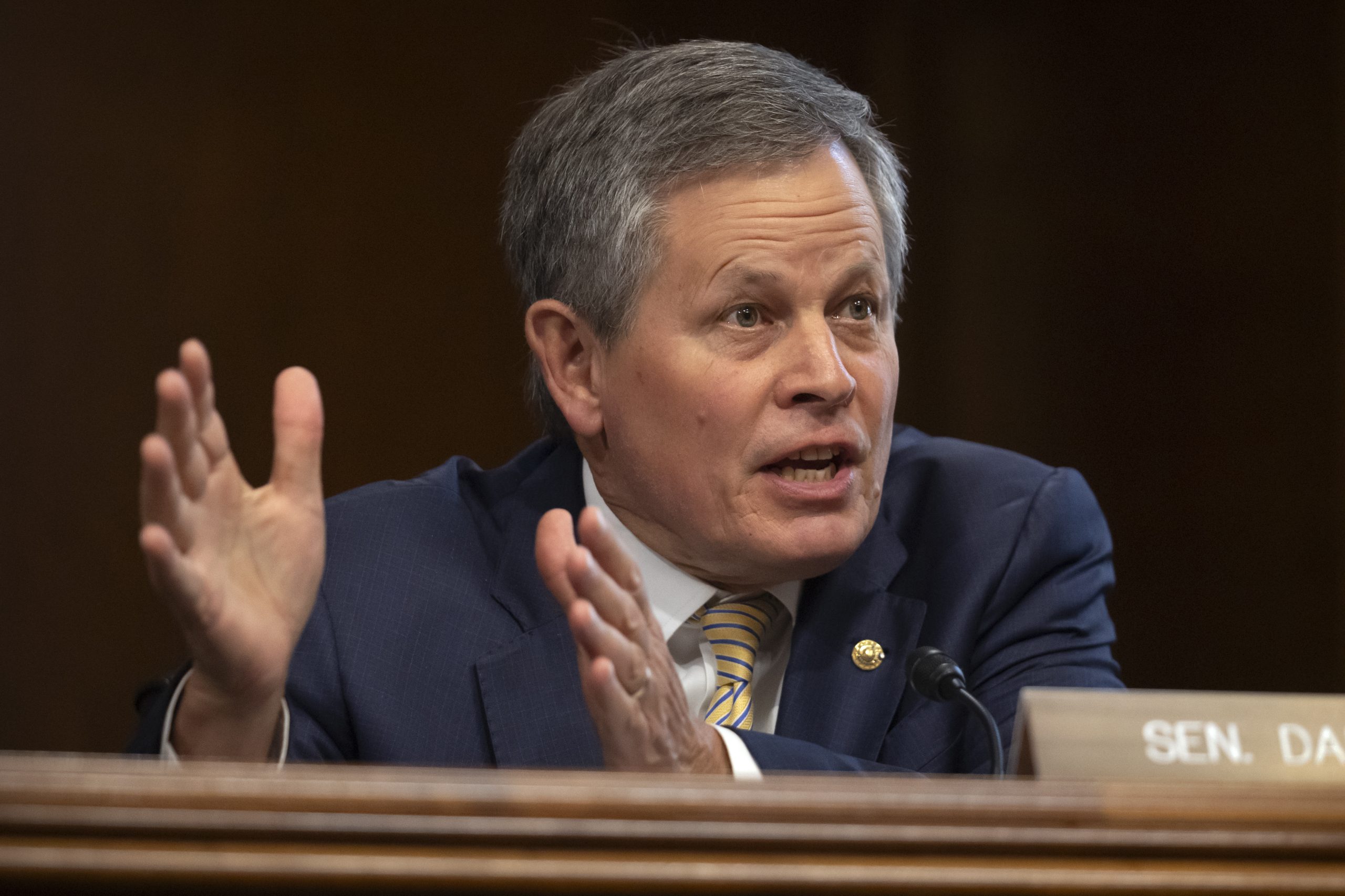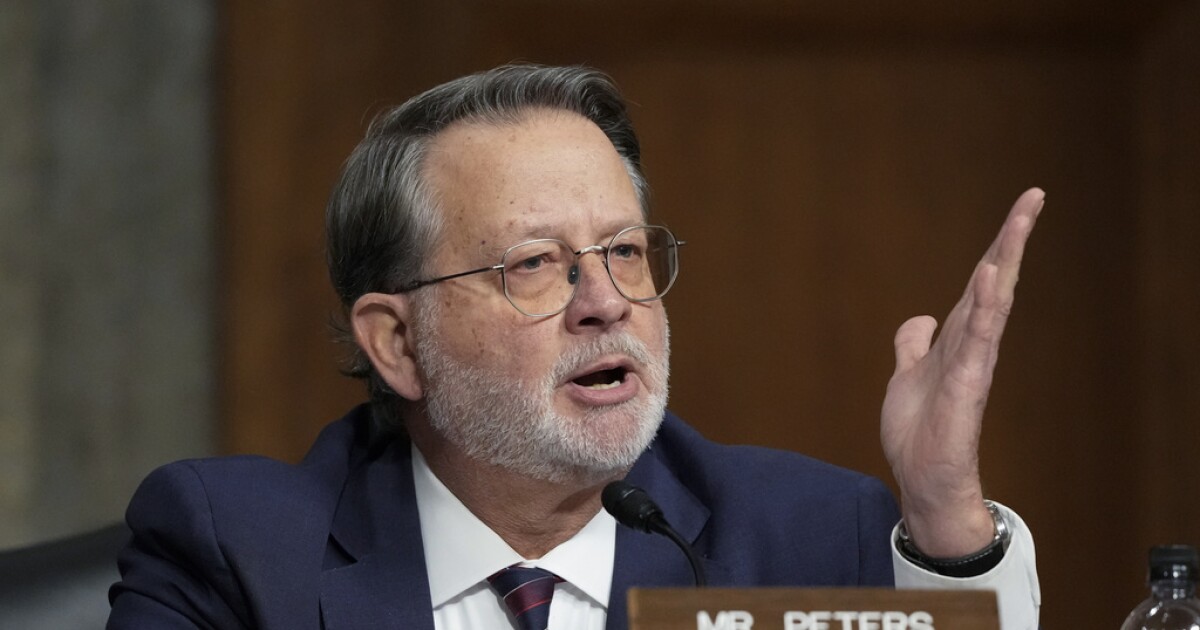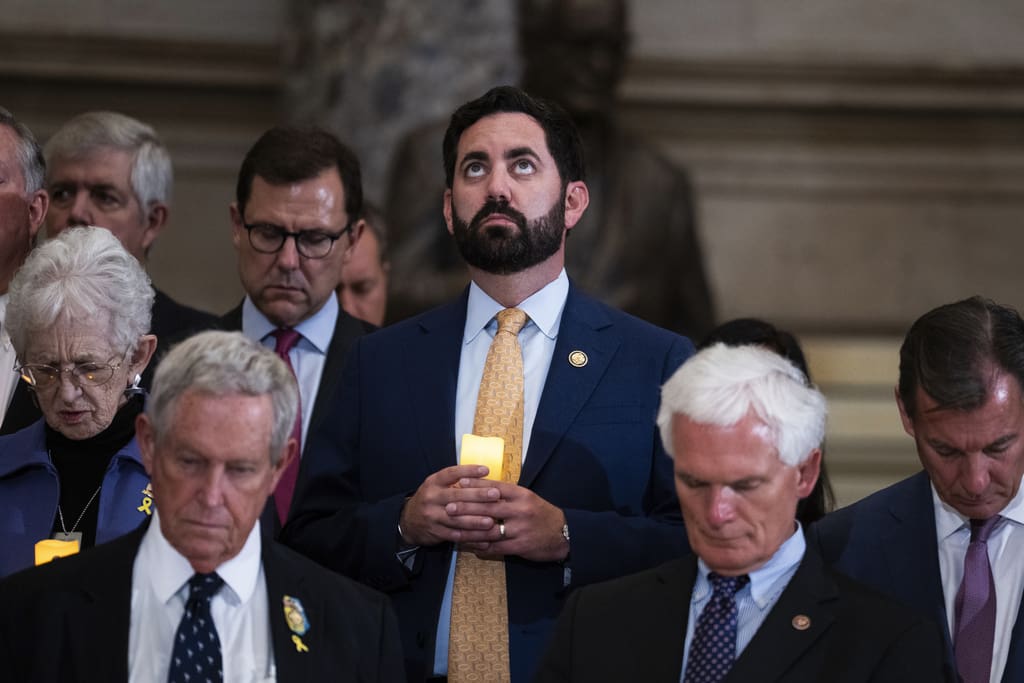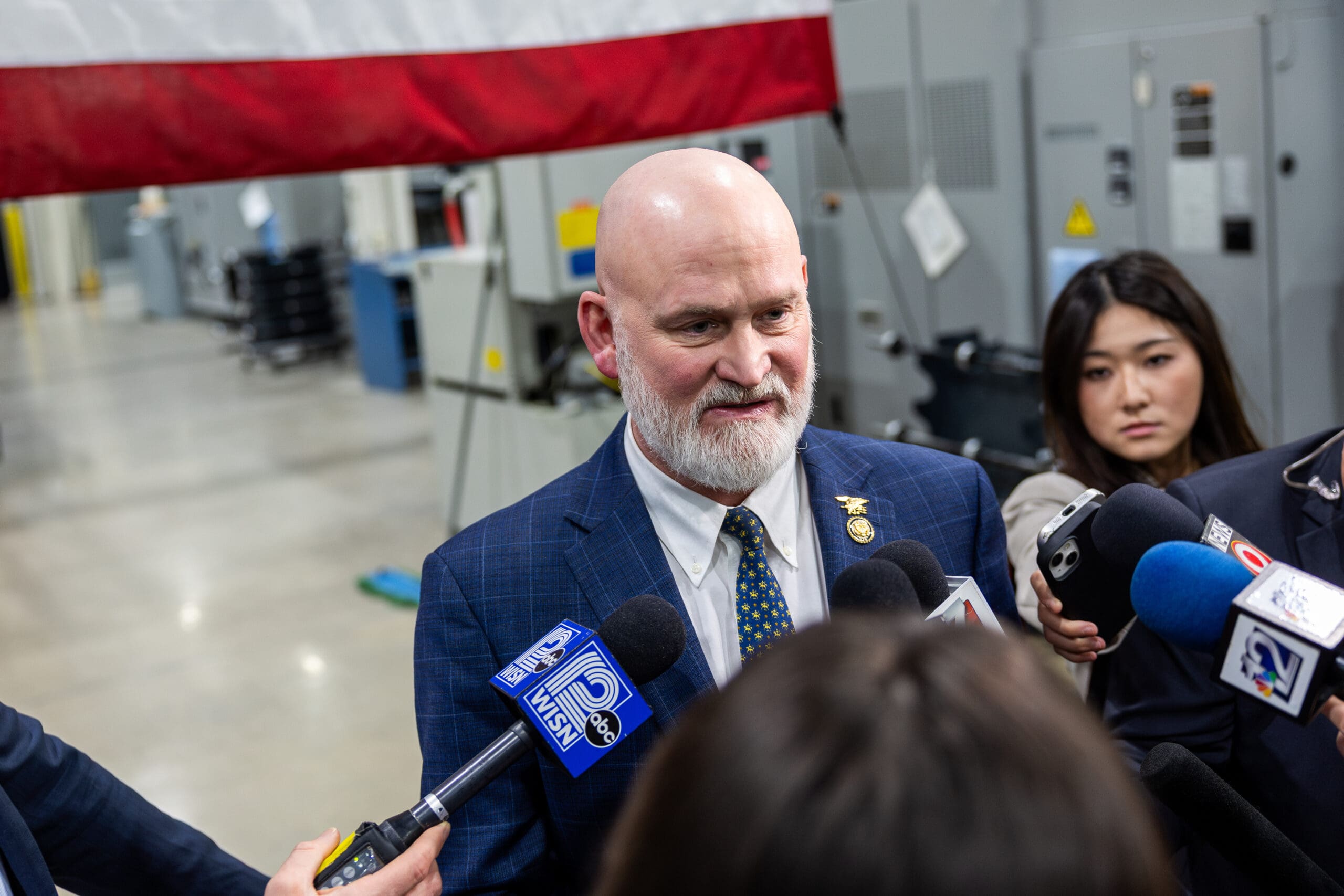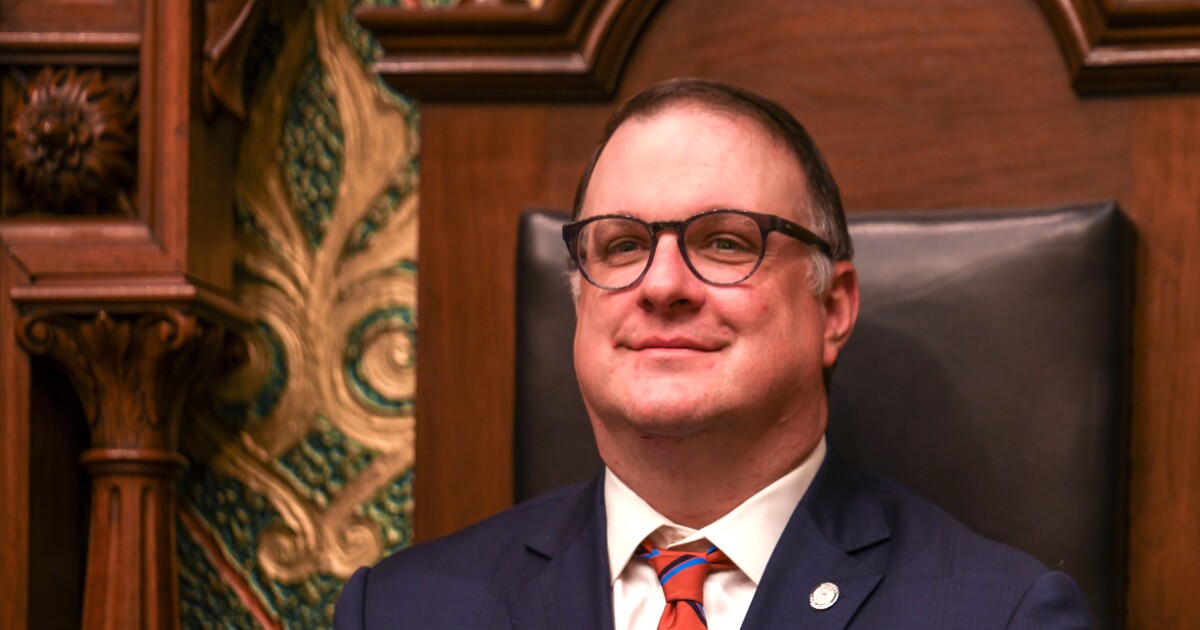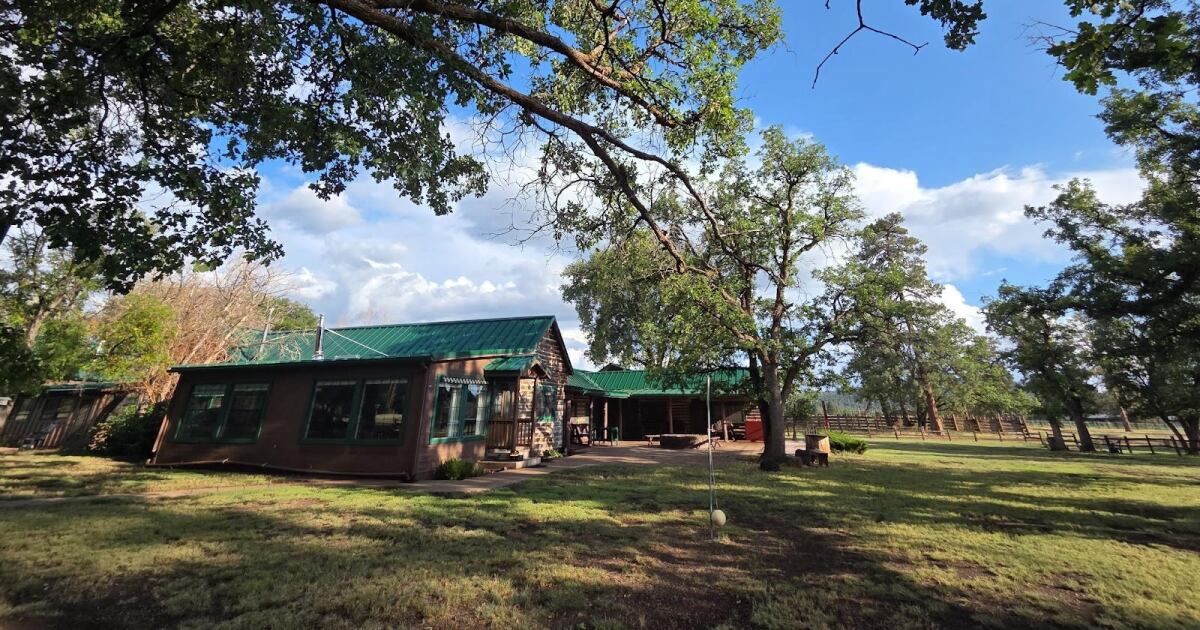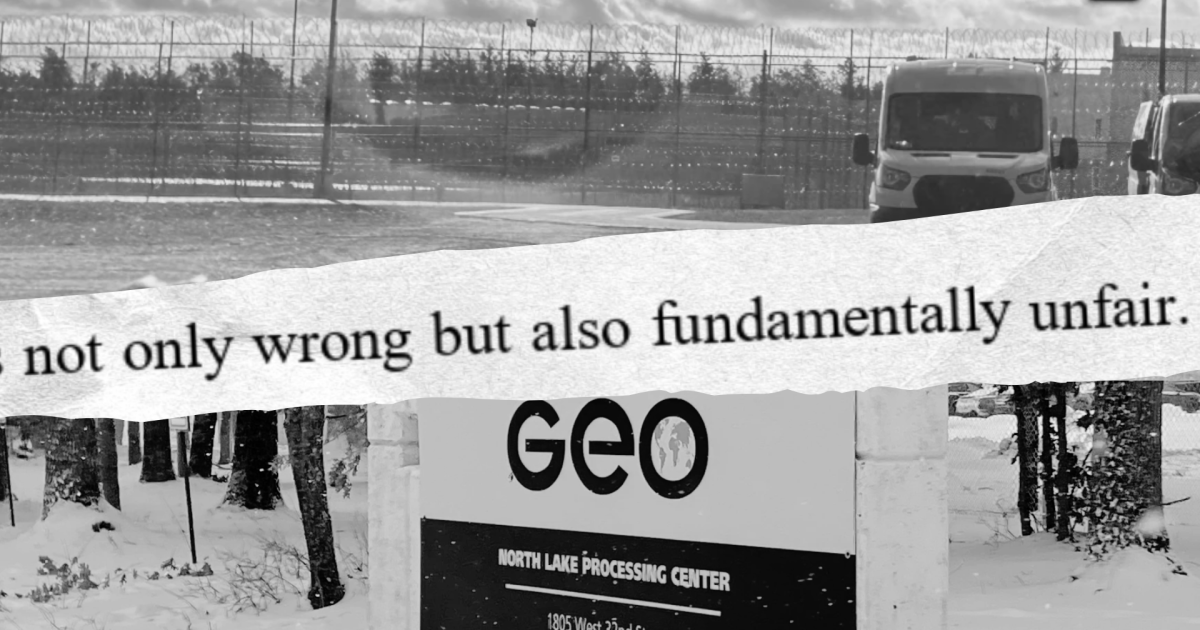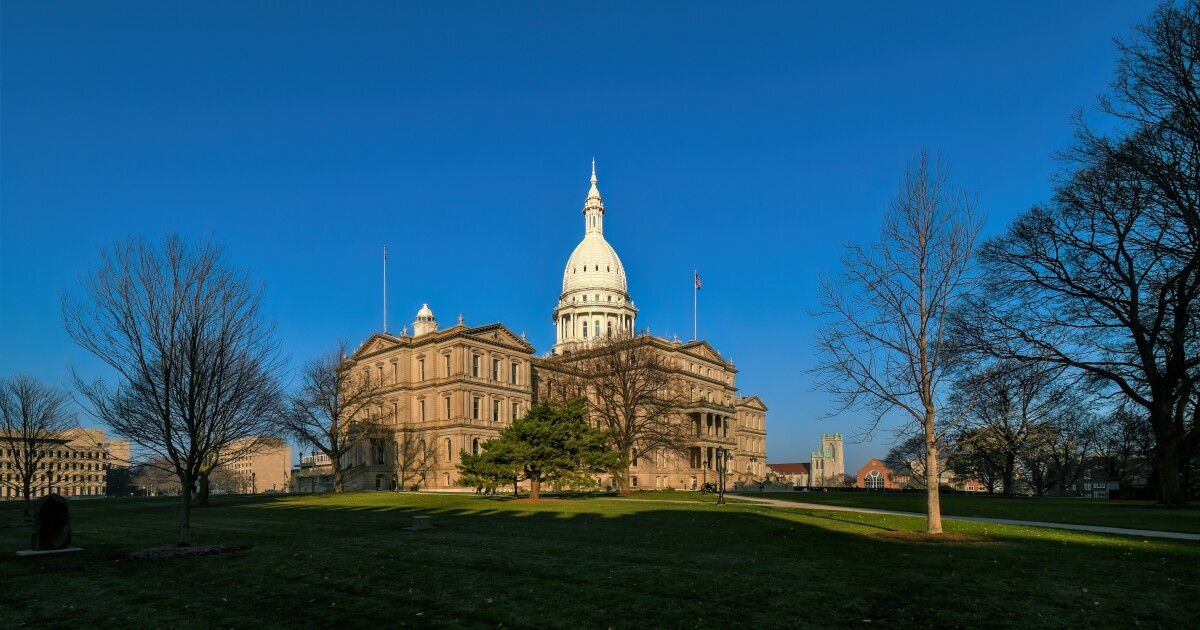The political stage in Michigan is heating up as the first of three Republican debates for the gubernatorial race is set to commence this Wednesday in west Michigan. Despite the election being over a year away, these debates are seen as a critical platform for candidates to hone their message and public speaking skills.
Jim Runestad, Michigan Republican Party Chair and state Senator, emphasized the significance of these debates. “You get to really be concise with your answers, you get compelling with your message. It puts you head and shoulders above the competition when you’ve been up there tried and tested, and going through these debates,” he stated.
The debates are strategically located in Kent, Grand Traverse, and Macomb Counties, regions that favored Democratic Governor Gretchen Whitmer in her 2022 re-election. Though Whitmer is unable to seek re-election due to term limits, the location choices were claimed to be coincidental, primarily aimed at drawing audiences from central locations throughout the state. Attendance is anticipated to be between 100-150 individuals per event.
Yet, the influence of these debates may stretch beyond the immediate audience. John Sellek, a public relations consultant with experience working for Republican officeholders, pointed out the broader strategic aim. He suggested the debates are not solely about reaching voters but also about getting the attention of former President Donald Trump. “The audience there will be small. It’s out in rural Michigan. If there were a TV audience, it’s not going to be very big. It’s the way the clips get chopped up and put onto social media. And I know we will also see packages of the clips behind the scenes being sent to members of the President’s team,” Sellek explained.
Six out of seven invited Republican candidates have confirmed their participation. These include state Senate Minority Leader Aric Nesbitt, former state Attorney General Mike Cox, former state House Speaker Tom Leonard, conservative activist Karla Wagner, pastor Ralph Rebandt, and truck driver Anthony Hudson. U.S. Representative John James, who holds significant name recognition, has yet to confirm his attendance.
Sellek articulated why James might be reluctant to join the debates early. “He is putting a strategy in place where he says, ‘Do I need to risk my lead right now just for the purposes of entertaining or giving Aric Nesbitt, Mike Cox, Tom Leonard and the others a chance?’ And right now the answer’s been, ‘No, why should I help give them a chance to come after me, engage with me, and get on my level,” he noted. Although James’s campaign has not commented on his participation, he continues to engage in other fundraising and speaking events.
The unfolding debates are likely to play a crucial role in narrowing the Republican field, impacting donor interest and social media perception. Sellek believes that as the debates progress, a frontrunner will emerge, allowing the party to consolidate efforts against Democratic and independent contenders.
Currently, the Michigan Democratic Party has not announced any debates. The Democratic landscape features Michigan Secretary of State Jocelyn Benson, Lieutenant Governor Garlin Gilchrist, and Genesee County Sheriff Chris Swanson vying for the nomination, while Detroit Mayor Mike Duggan is entering the race as an independent.
—
Read More Michigan News

